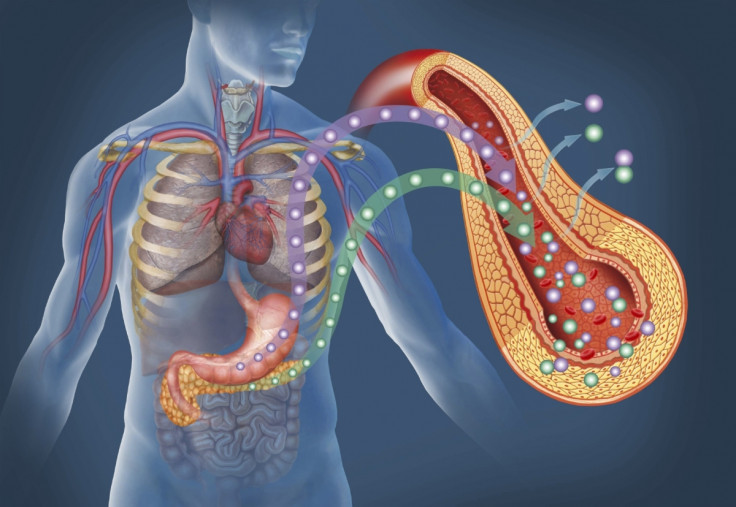Diabetes breakthrough: Pancreatic cells successfully created in lab paving way for new treatments

Fully functional pancreatic cells have been cultured by scientists, potentially meaning the end of daily insulin injections for sufferers of the disease. The lab-made cells were tested in mice, and they successfully prevented the mice from developing diabetes.
The new research will mean that pancreatic cells can be developed to match each individual diabetes patient's DNA. This is the first time fully working pancreatic cells have been developed successfully in a lab, a breakthrough for diabetes research.
"Our results demonstrate for the first time that human adult skin cells can be used to efficiently and rapidly generate functional pancreatic cells that behave similar to human beta cells," said Matthias Hebrok, a senior researcher working on the study. "This finding opens up the opportunity for the analysis of patient-specific pancreatic beta cell properties and the optimisation of cell therapy approaches."
The research, published in Nature Communications, used cellular reprogramming technology to convert human skin cells into pancreatic beta cells, which produce, store and release the hormone insulin to regulate blood glucose levels.
The scientists from Gladstone Institutes and the University of California, reprogrammed the skin cells into endoderm progenitor cells. These are a certain type of cell that can mature into a number of different organ cells, including brain, heart and liver cells.
However, in this case, the researchers managed to mature the endoderm cells into pancreatic precursor cells – essentially baby pancreatic cells – and then again to fully functioning pancreatic beta cells. The cultured cells functioned exactly like those in a human that does not suffer from diabetes, as it produced insulin in accordance to changes in glucose levels.
"The final step was the most unique, and the most difficult, as molecules had not previously been identified that could take reprogrammed cells the final step to functional pancreatic cells in a dish," said Saiyong Zhu, first author of the paper. "This study represents the first successful creation of human insulin-producing pancreatic beta cells using a direct cellular reprogramming method."
The results of the study opens the door to making specific pancreatic beta cells for individual diabetes patients. The method of generating these cells means than an unlimited amount can be made, catering to a vast number of patients.
The research follows recent news that an artificial pancreas is close to public release. The artificial pancreas is a small device which is wirelessly linked to an insulin pump. When the body needs insulin it automatically tells the pump, and the hormone is delivered.
Diabetes UK says that the number of people diagnosed with diabetes in the UK has more than doubled from 1.4 million to almost 3.5 million, since 1996.
The American Diabetes Association says that around 21 million people have been diagnosed with Diabetes across the US. That is the equivalent of nearly five and half times the population of Los Angeles.
© Copyright IBTimes 2024. All rights reserved.























